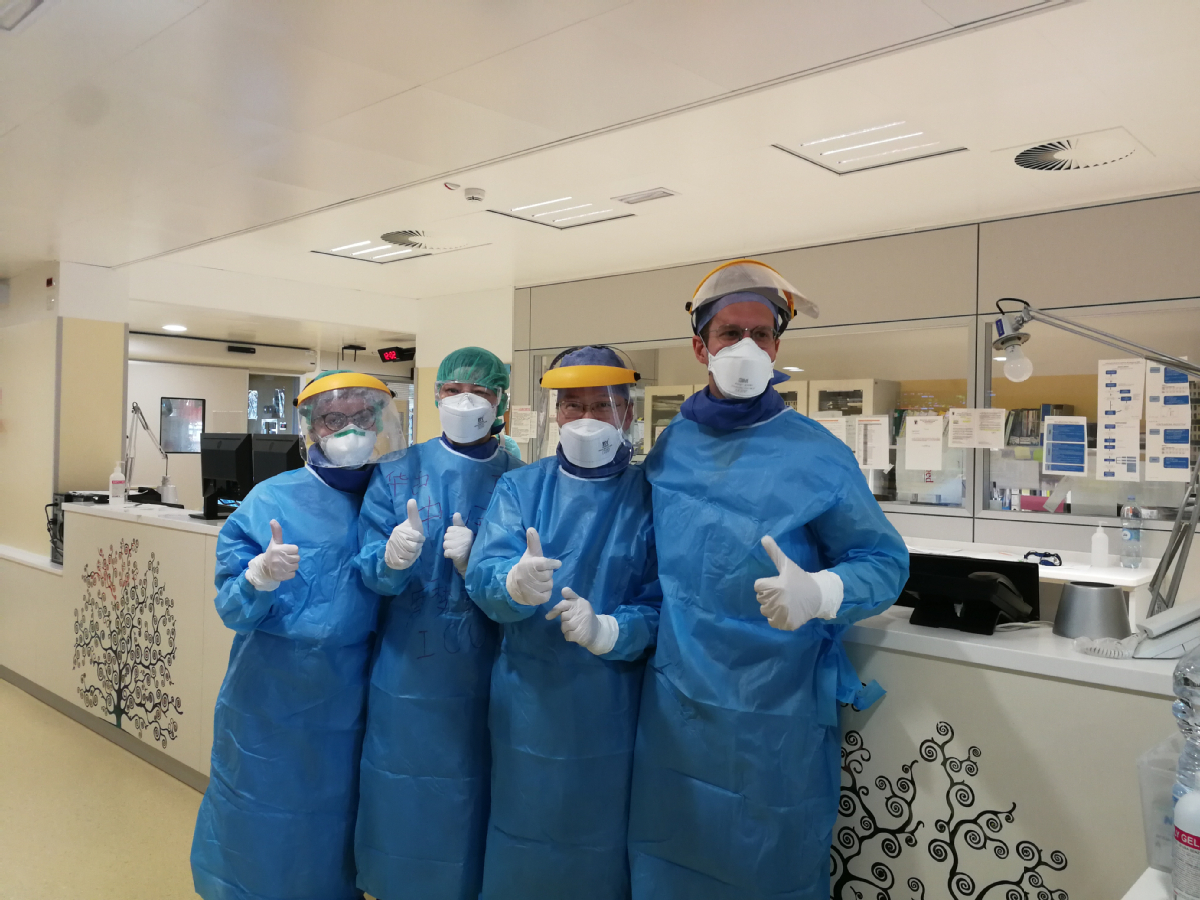Scientists say more intl cooperation against pandemic needed


Scientists called for more international cooperation in the research, manufacture and distribution of vaccines to stop the COVID-19 pandemic, as well as paying more attention to the disease's impact on developing countries, marginalized minorities and high-risk groups.
Li Yinuo, the chief Beijing representative of the Bill and Melinda Gates Foundation, said in an online seminar on Wednesday that the world's vaccine sector is facing an "unprecedented challenge".
"Not only research must be done at breakneck speed to quell the pandemic, but also industry has to find ways to mass produce these vaccines quickly and make them accessible around the globe," she said.
The only vaccine that has this level of global reach is the polio vaccine, she said. Given the contagiousness of COVID-19, "If one country can't control it, no other country is safe. We need high levels of international cooperation, and only by enhancing it can we achieve our ultimate goal," Li said.
Li said the disease is being tackled by the full might of the international community, but in less developed parts of the world, the situation can be particularly vulnerable.
Richard Hatchett, the CEO of the Coalition for Epidemic Preparedness Innovations, echoed Li's remark, saying "speed, scale and access" are the top three priorities of vaccine development.
Hatchett said CEPI has poured tens of millions of dollars battling the MERS coronavirus, "but we are now dealing with a potentially more serious pathogen."
After China shared the novel coronavirus's genetic sequence in mid-January, the international scientific community was swiftly mobilized and now 115 vaccines are in the pipeline globally, he said.
"There are different challenges of vaccines during a pandemic and non-pandemic setting," he said. When there is no pandemic, the main challenge is the price of the vaccine, but during a pandemic, the key obstacle is scarcity, "because if a vaccine is proven to be safe and effective, everybody will need the vaccine at the same time."
"We need to think carefully about how to solve this issue," he said. His advice is that frontline health workers and high-risk groups should be vaccinated first.
The World Health Organization estimates that there are about 45 million health workers tackling COVID-19 globally, and "that is a lot of vaccine," he said.
Since it is possible that the novel coronavirus may return in the future, "we will need a global, fair allocation system of vaccine that can account for the first several years," he said, adding some of the biggest challenges are figuring out how to fund it and keep it operational.
"A pandemic is by definition transnational, no country can be isolated alone," he said. "It is only by working collectively can we address this threat."
Seth Berkeley, the CEO of Gavi, the Vaccine Alliance, said it is crucial to have a globally coordinated response to COVID-19 because as the world is occupied with the novel coronavirus, other infectious diseases may pop up and overwhelm the health system.
People in some less-developed countries may have no access to clean water, refrigeration or sanitation, making social distancing and staying at home more difficult, he said.



































